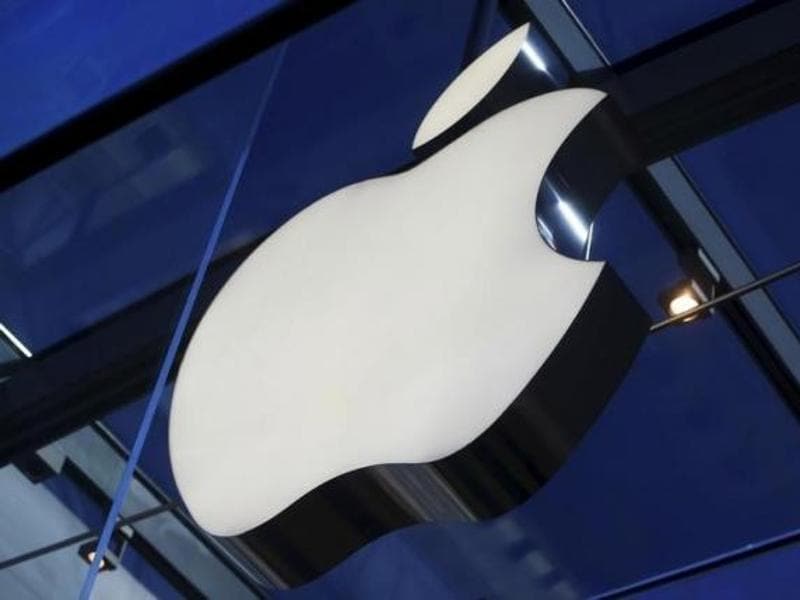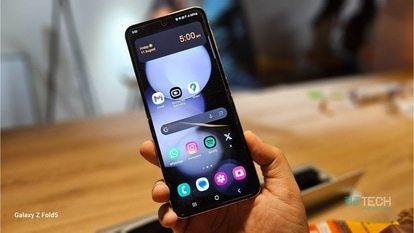US court says govt can’t force Apple to jail break iPhones
A US federal judge ruled that the US Justice Department cannot use a 227-year-old law to force Apple Inc to provide the FBI with access to locked iPhone data, dealing a blow to the government in its battle with the company over privacy and public safety.

A US federal judge ruled that the US Justice Department cannot use a 227-year-old law to force Apple Inc to provide the FBI with access to locked iPhone data, dealing a blow to the government in its battle with the company over privacy and public safety.
The government sought access to the phone in the Brooklyn case in October, months before a judge in California ordered Apple to take special measures to give the government access to the phone used by one of the shooters in the San Bernardino, California, attacks.


US Magistrate Judge James Orenstein in Brooklyn ruled that he did not have the legal authority to order Apple to disable the security of an iPhone that was seized during a drug investigation.
His ruling echoed many of the arguments that Apple has made in the San Bernardino case, particularly his finding that a 1789 law called the All Writs Act cannot be used to force Apple to open the phone.
The judge found that Apple was largely exempt from complying with such requests by a 1994 law that updated wiretapping laws.
A senior Apple executive, who spoke on the condition he not be named, said Orenstein's decision would bode well for the company in the San Bernardino case, which has touched off a fierce national debate about the balance between fighting crime and preserving privacy in the digital age.
Although US Magistrate Judge Sheri Pym, the judge in the San Bernardino case, will not be bound by Orenstein's decision, the senior Apple executive said it will likely be influential.
The Justice Department is "disappointed" in Orenstein's ruling and plans to ask a higher judge within the same federal district to review the matter in coming days, a department representative said.
Read more| US judicial panel members consider legal brief in Apple case: Sources
The court ruling comes one day before a Tuesday congressional hearing that will include testimony from FBI Director James Comey and Apple General Counsel Bruce Sewell on encryption and "balancing Americans' security and privacy."
When fighting the government's order to help extract data from the iPhone, Apple had argued that being forced to do so "could threaten the trust between Apple and its customers and substantially tarnish the Apple brand," according to court records.
Orenstein said his ruling in Apple's favor was not a decision on "whether the government should be able to force Apple to help it unlock a specific device; it is instead whether the All Writs Act (AWA) resolves that issue and many others like it yet to come."
He also found that Communications Assistance for Law Enforcement Act, passed in 1994, exempted Apple from this sort of request.
Amazon.com Inc, Alphabet Inc's Google, Facebook Inc, Microsoft Corp and Twitter Inc have voiced support for Apple.
The iPhone 5s at issue in another case was seized by the US Drug Enforcement Administration during a 2014 search of the Queens, New York, residence of Jun Feng, who authorities suspected of being involved in drug trafficking.
Authorities sought to access the phone in 2015 while the case was pending. Feng later pleaded guilty in October while Orenstein was weighing the request, but both Apple and the Justice Department said they still wanted a ruling.
Prosecutors have said that since 2008, Apple has complied with 70 such court orders based on the All Writs Act without objection. Many of those cases appear to have involved earlier iPhone models that did not require customized software to unlock.
The case before Brooklyn was, according to prosecutors, the first time Apple had objected to law enforcement efforts to utilize search warrants to get the tech company to provide assistance and unlock iPhones seized during investigations.
But since October, when Apple first asked Orenstein to deny the government's request, Apple has objected to helping law enforcement access at least 12 devices for which the U.S. Justice Department has sought its help, according to a letter from Apple to Orenstein that was unsealed earlier this month.
The senior Apple executive said the company has never made a new piece of software in response to a government request.
Catch all the Latest Tech News, Mobile News, Laptop News, Gaming news, Wearables News , How To News, also keep up with us on Whatsapp channel,Twitter, Facebook, Google News, and Instagram. For our latest videos, subscribe to our YouTube channel.


























